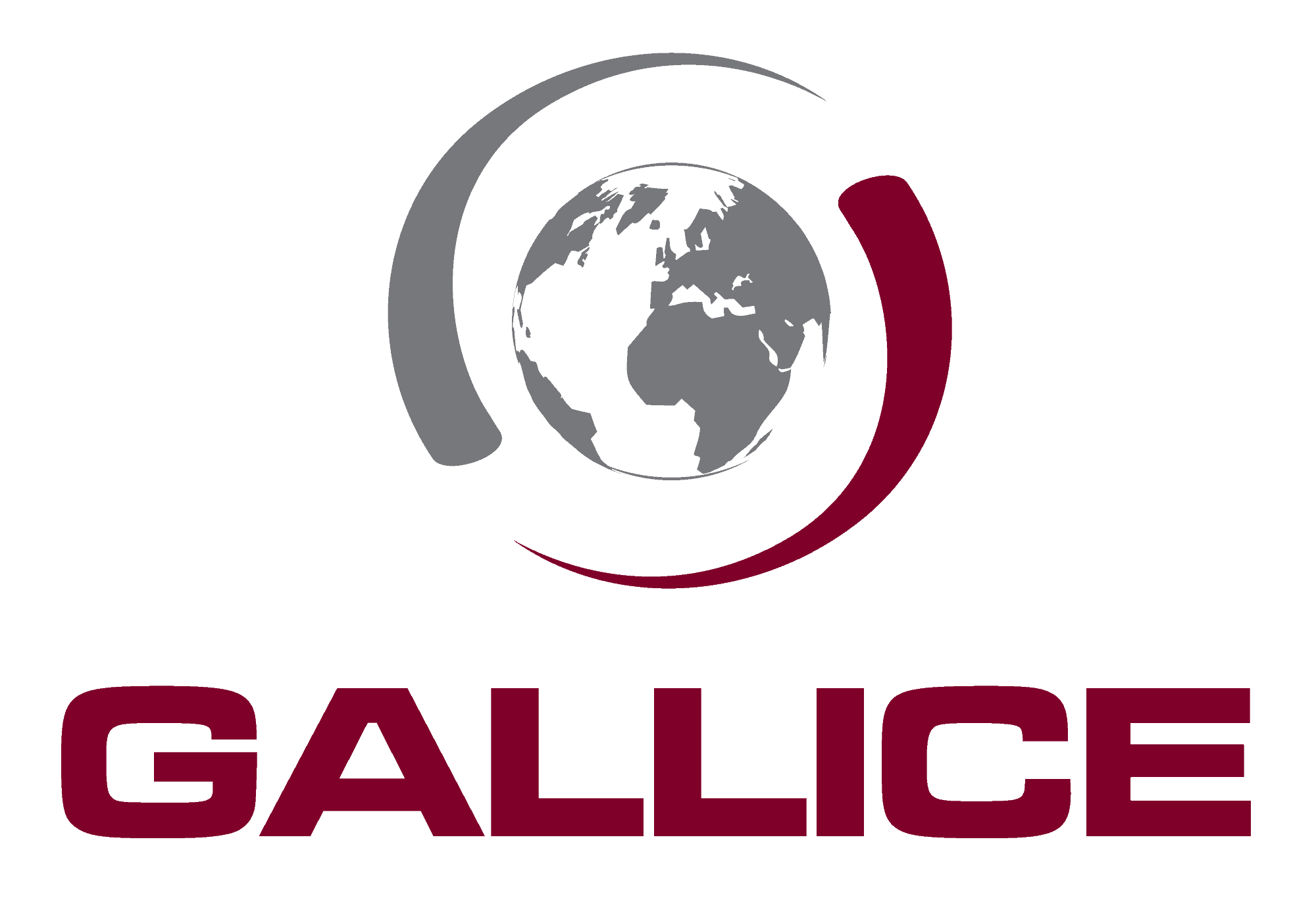[av_submenu which_menu= » menu=’36’ position=’center’ color=’main_color’ sticky=’aviaTBsticky’ mobile=’disabled’ av_uid=’av-ihw595′]
[av_submenu_item title=’Europe’ link=’page,4441′ linktarget= » button_style= » av_uid=’av-i393hl’]
[av_submenu_item title=’Afrique’ link=’page,4441′ linktarget= » button_style= » av_uid=’av-fkspjt’]
[/av_submenu]
[av_one_full first min_height= » vertical_alignment= » space= » custom_margin= » margin=’0px’ padding=’0px’ border= » border_color= » radius=’0px’ background_color= » src= » background_position=’top left’ background_repeat=’no-repeat’ animation= » av_uid=’av-ejmm95′]
[av_textblock size= » font_color= » color= » av_uid=’av-br2pw9′]
Europe
[/av_textblock]
[av_hr class=’short’ height=’50’ shadow=’no-shadow’ position=’center’ custom_border=’av-border-thin’ custom_width=’50px’ custom_border_color= » custom_margin_top=’30px’ custom_margin_bottom=’30px’ icon_select=’yes’ custom_icon_color= » icon=’ue808′ font=’entypo-fontello’ av_uid=’av-a7hwkp’]
[/av_one_full]
[av_one_full first min_height= » vertical_alignment=’av-align-top’ space=’no_margin’ margin=’0px’ margin_sync=’true’ padding=’0px’ padding_sync=’true’ border= » border_color= » radius=’0px’ radius_sync=’true’ background_color= » src= » attachment= » attachment_size= » background_position=’top left’ background_repeat=’no-repeat’ animation= » av_uid=’av-9jrzu1′]
[av_textblock size= » font_color= » color= » av-medium-font-size= » av-small-font-size= » av-mini-font-size= » av_uid=’av-7agebd’ admin_preview_bg= »]
[/av_textblock]
[/av_one_full][av_one_full first min_height= » vertical_alignment= » space= » custom_margin= » margin=’0px’ padding=’0px’ border= » border_color= » radius=’0px’ background_color= » src= » background_position=’top left’ background_repeat=’no-repeat’ animation= » av_uid=’av-mszw9′]
[av_textblock size= » font_color= » color= » av-medium-font-size= » av-small-font-size= » av-mini-font-size= » av_uid=’av-3udg4p’ admin_preview_bg= »]
En Europe, le risque terroriste ne faiblit pas malgré la baisse du nombre d’attaques en 2018. Les pays européens continuent de faire face aux risques associés au terrorisme religieux.
Malgré un renforcement de sa stratégie anti-terroriste, le Royaume-Uni a été le pays le plus visé avec trois attentats revendiqués par l’EI en moins de trois mois.
Les mouvements nationalistes gagnent aussi du terrain en Europe où la liste des pays ayant élu des représentants – voire porté au pouvoir – des partis nationalistes s’est allongée en 2018. Si les mouvements portent différentes sensibilités (souverainiste, eurosceptique voire europhobe), ils ont tous tendance à partager une opposition ferme à la globalisation, à certaines formes de coopération européenne et à ce qu’ils estiment être des dérives anti-démocratiques des institutions pan-européennes. En découlent de vives tensions sociales et des mouvements de protestation dont les modes de manifestation sont divers (Pologne, Hongrie, etc.).
Près de deux ans et demi après le referendum sur le Brexit, l’UE a approuvé l’accord de retrait avec le Royaume Uni. Cet accord est le premier acte concret du Brexit. Le refus massif du Parlement britannique accroît le risque d’un « hard Brexit » (sortie du Royaume Uni de l’UE sans accord) aux conséquences économiques et politiques encore difficiles à évaluer.
En France, le gouvernement fait face à profond mécontentement social qui se manifeste depuis plusieurs mois par la mobilisation des « gilets jaunes » dans tout le pays. Une crise inédite et grandissante dont le gouvernement peine à trouver les voies de sortie de crise.
En Ukraine, la situation reste tendue, notamment à l’est du pays. Après plus de quatre ans de conflit dans le Donbass, la crise ne cesse de s’accentuer entre l’Ukraine et la Russie qui étendent à présent leur confrontation sur les mers du détroit de Kertch. La confrontation de novembre 2018 entre les marines russe et ukrainienne a remis le conflit entre les deux pays au centre des préoccupations de la communauté internationale.
Petro Porochenko, candidat à sa propre réélection, a par ailleurs poursuivi cette année sa politique de défiance envers la Russie compliquant ainsi la possibilité de trouver une issue à la crise.
[/av_textblock]
[/av_one_full][av_hr class=’invisible’ height=’150′ shadow=’no-shadow’ position=’center’ custom_border=’av-border-thin’ custom_width=’50px’ custom_border_color= » custom_margin_top=’30px’ custom_margin_bottom=’30px’ icon_select=’yes’ custom_icon_color= » icon=’ue808′ font=’entypo-fontello’ av_uid=’av-33dva1′]
